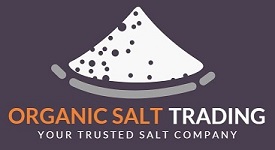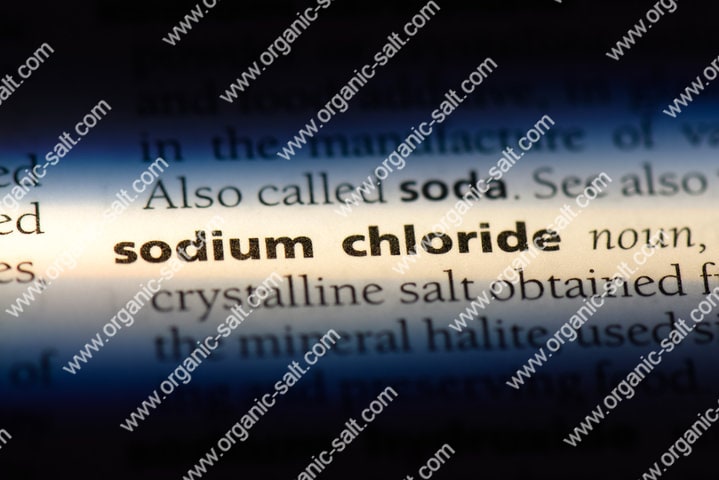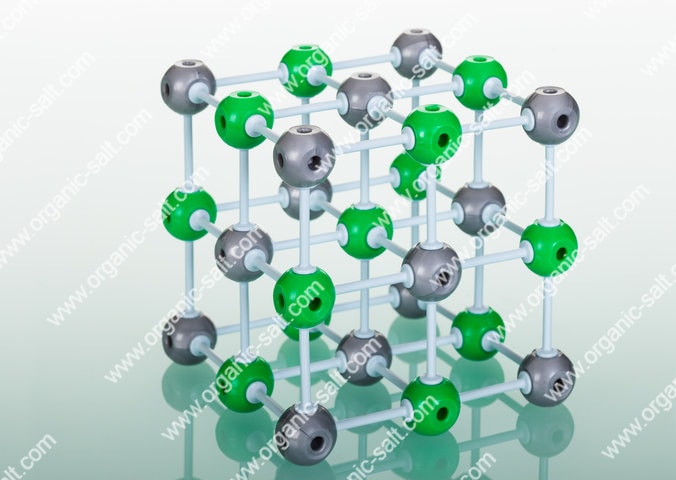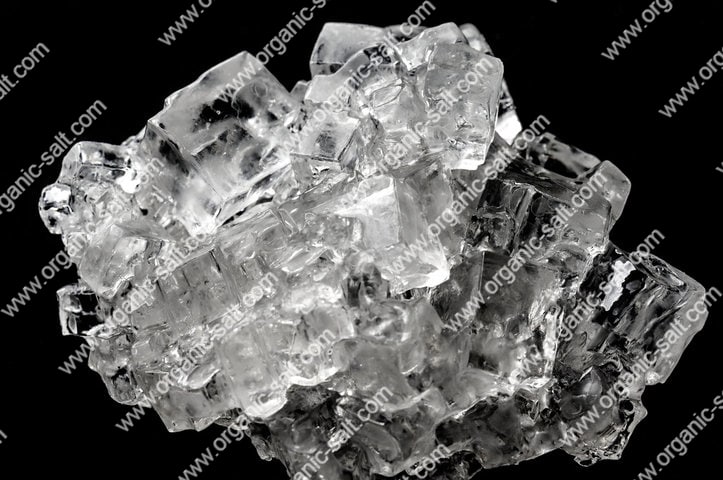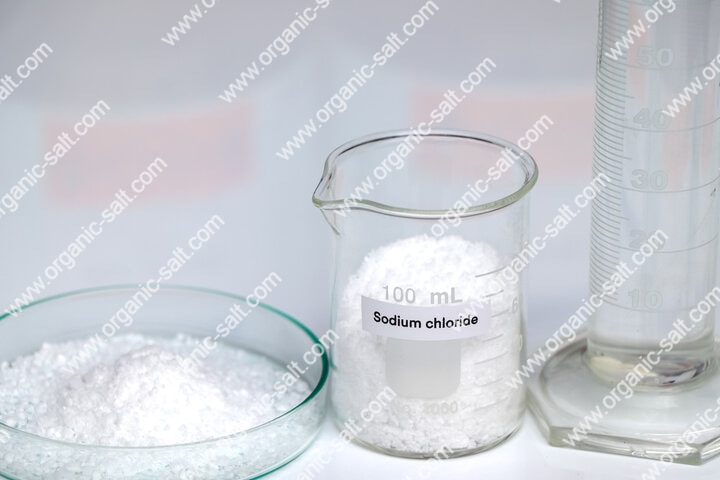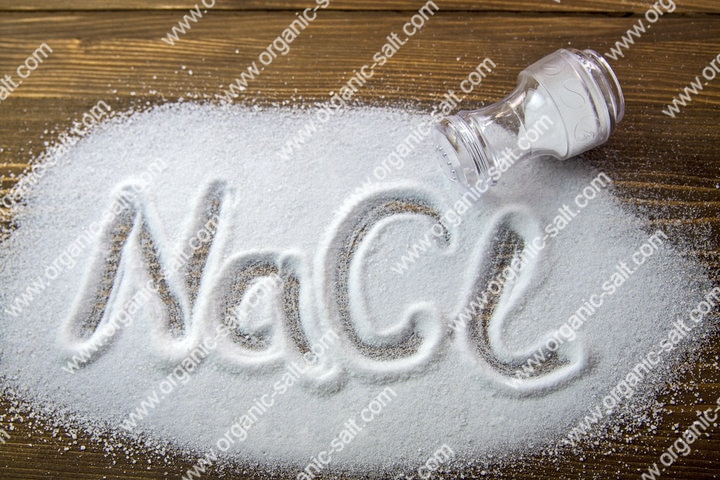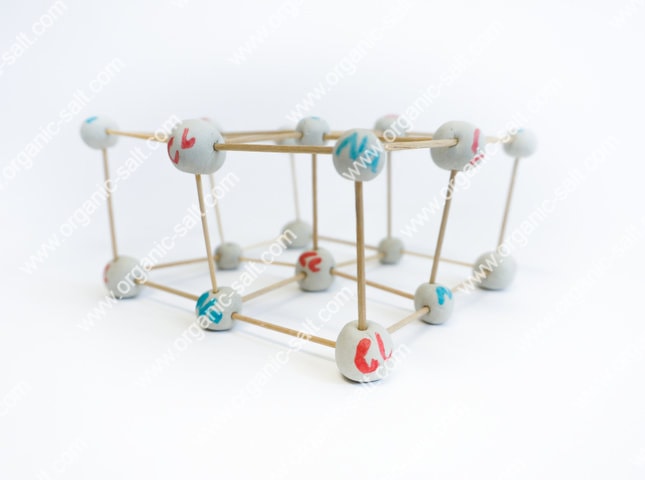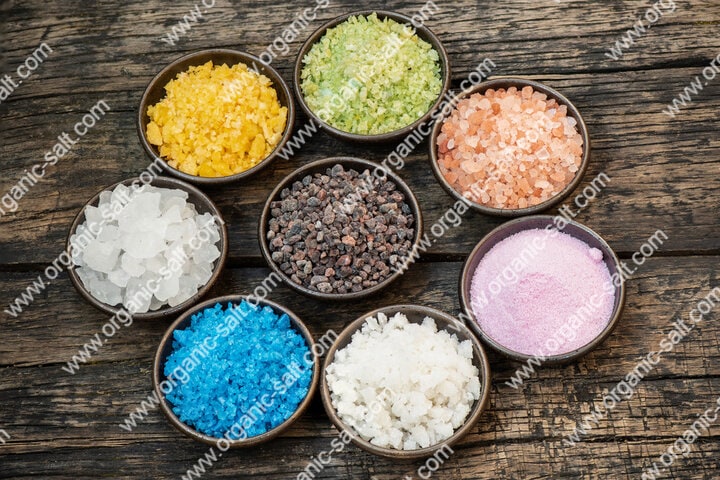Sodium Chloride: The Essential Mineral
Sodium chloride, a chemical compound commonly known as table salt, is more than just a seasoning. It’s an essential mineral with a myriad of applications in various fields, from culinary arts to industrial processes. In this comprehensive exploration of sodium chloride, we’ll delve into its properties, applications, and its critical role in maintaining human health. Our goal is to provide not only informative content but also excellent readability.
Understanding Sodium Chloride:
Sodium chloride, chemically represented as NaCl, is composed of two elements: sodium (Na) and chlorine (Cl). It is found abundantly in nature, particularly in saltwater, where it makes up a significant portion of the dissolved salts. Sodium chloride is also present in underground salt deposits and is harvested through mining or evaporation techniques.
Culinary Applications:
One of the most well-known uses of sodium chloride is in the kitchen. It is a universal seasoning, enhancing the flavor of various dishes. Salt’s ability to heighten the perception of other tastes makes it an essential ingredient in both savory and sweet culinary creations.
However, sodium chloride isn’t just about taste. It also plays a critical role in food preservation. Historically, it was a means of preserving perishable items before the advent of refrigeration. Salt’s ability to draw out moisture from foods inhibits the growth of bacteria, making it a valuable tool in the art of preservation. This method gave rise to delicacies like salted fish, cured meats, and pickled vegetables.
Industrial and Scientific Uses:
Beyond the kitchen, sodium chloride is employed in numerous industrial processes. It serves as a key component in the production of chemicals, including chlorine and sodium hydroxide (caustic soda). These chemicals are fundamental in various manufacturing processes, from paper production to the manufacturing of textiles and detergents.
Additionally, sodium chloride is used in water treatment plants to help remove impurities from drinking water. It aids in the coagulation and flocculation process, which allows contaminants to clump together and be easily removed.
Health and Sodium:
While sodium chloride is a vital mineral necessary for human health, excessive consumption can have adverse effects. It is essential for maintaining proper fluid balance, nerve function, and muscle contractions. However, a high-sodium diet has been linked to health issues like hypertension (high blood pressure) and cardiovascular diseases.
Health organizations recommend limiting sodium intake to protect against these health risks. While sodium is essential, modern diets often contain far more sodium than the body requires.
Balancing Act:
Balancing the need for sodium chloride with its potential health risks is a key consideration. Many processed and pre-packaged foods contain high levels of sodium, contributing to elevated sodium consumption in many diets. Being mindful of salt intake and making informed choices in food selection can help maintain a healthy balance.
Sodium Chloride in Daily Life:
The omnipresence of sodium chloride goes beyond its application in culinary and industrial settings. In daily life, it touches various aspects, often without us realizing it. For instance, when winter arrives, roads and sidewalks are often treated with salt to melt ice and snow, ensuring safer travel for pedestrians and motorists. This de-icing property of sodium chloride is a testament to its practicality in maintaining the flow of daily life, even in cold and frosty conditions.
In the realm of healthcare, saline solutions containing sodium chloride are used in medical procedures and as an intravenous fluid for patients. Its compatibility with the human body and its ability to replenish electrolytes make it an invaluable resource in the medical field.
Environmental Impact:
The extraction and production of sodium chloride, especially from underground salt deposits, can have environmental consequences. It’s essential to consider responsible and sustainable mining practices to minimize the environmental footprint. This includes managing the impact on local ecosystems and mitigating soil and water contamination.
Efforts are underway to enhance the sustainability of salt production, promoting eco-friendly practices that benefit both the environment and the communities that rely on salt production.
Final Thoughts:
In conclusion, sodium chloride, or table salt, is a remarkable and versatile mineral that plays a multitude of roles in our lives. From seasoning our favorite meals to preserving food, supporting industrial processes, and even aiding medical treatments, sodium chloride is a vital component of our world.
As we navigate the complexities of a modern diet and industry, it’s crucial to strike a balance between the benefits of sodium chloride and the potential health risks associated with excessive consumption. By understanding its diverse applications, environmental implications, and health considerations, we can make informed choices that enrich our lives and protect our well-being.
This blog serves as a comprehensive guide to sodium chloride, offering not only valuable information but also readability to ensure it reaches a broader audience. Sodium chloride may be simple in structure, but its significance in our daily lives is anything but ordinary.
